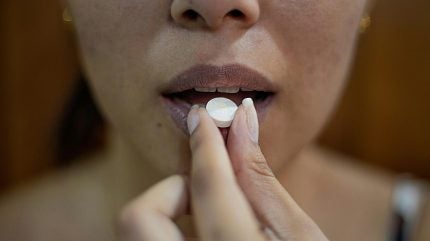
The European Commission (EC) has granted orphan drug designation to Biodexa Pharmaceuticals’ oral tablet formulation of rapamycin, eRapa for the treatment of familial adenomatous polyposis (FAP), colon’s precancerous disease.
This designation is a significant milestone for the company as it moves towards the final stages of implementing a Phase III study for eRapa.

Discover B2B Marketing That Performs
Combine business intelligence and editorial excellence to reach engaged professionals across 36 leading media platforms.
The upcoming double-blind, placebo-controlled trial will involve 168 subjects, with a 2:1 randomisation ratio of drug to placebo.
It is anticipated to be conducted across nearly 30 clinical US and European sites. LumaBridge will carry out the trial’s US component while Precision for Medicine will handle the European component.
The Phase III trial is backed by financial support, including a $17m grant from the Cancer Prevention Research Institute of Texas (CPRIT) and an $8.5m company match, which has been fully paid into escrow.
FAP leads to the growth of numerous polyps in the colon and/or rectum, typically beginning in the mid-teens. If left untreated, it often progresses to colon and/or rectum cancer.

US Tariffs are shifting - will you react or anticipate?
Don’t let policy changes catch you off guard. Stay proactive with real-time data and expert analysis.
By GlobalDataLeveraging nanotechnology and pH-sensitive polymers, the oral tablet is tailored to overcome the limitations of variable pharmacokinetics, toxicity, and poor bioavailability, seen with present rapamycin forms.
Biodexa Pharmaceuticals CEO and chief financial officer Stephen Stamp said: “This orphan drug designation is another important step as we move our FAP programme forward into a registrational Phase III study.
“We are committed to providing global access to eRapa for as many patients as may benefit. This designation is an important step in our collaboration with the European Medicines Agency (EMA) for our marketing authorisation in the European Union (EU).”
Data from a Phase II study showed the drug to be safe and well-tolerated. Subjects reported a median 17% minimisation in total polyp burden at 12 months against baseline, with an overall non-progression rate of 75%.




